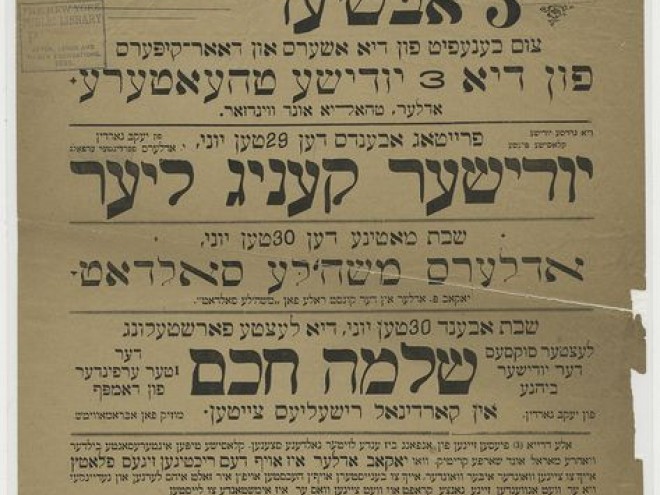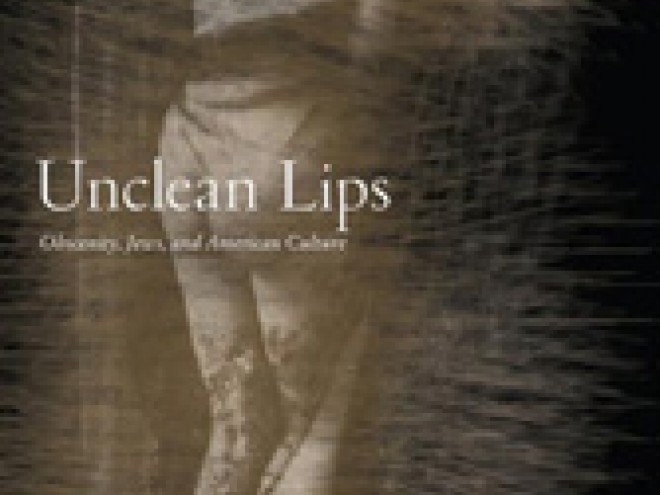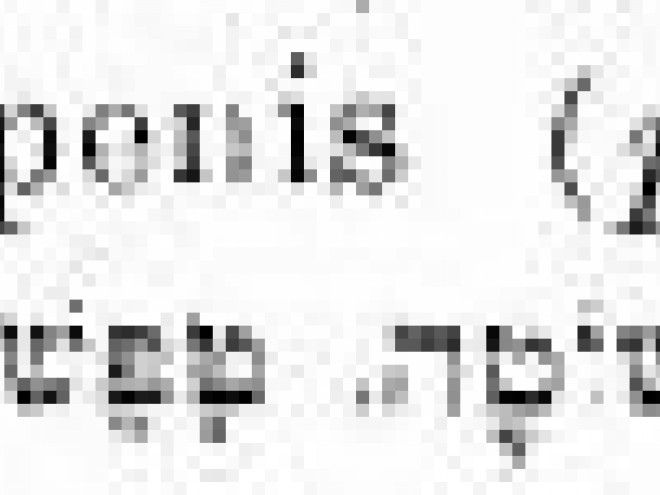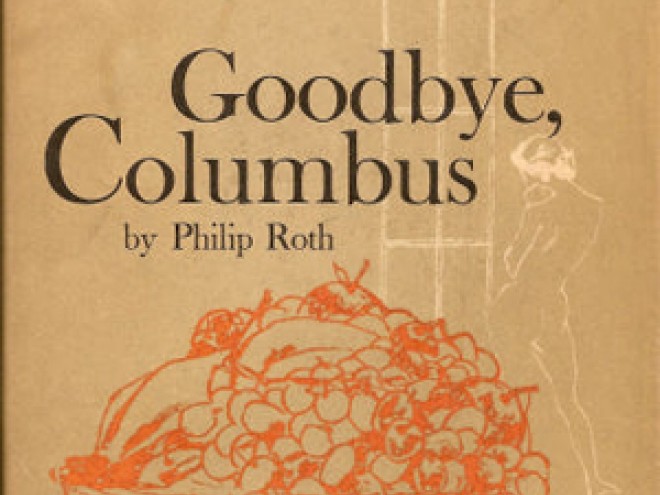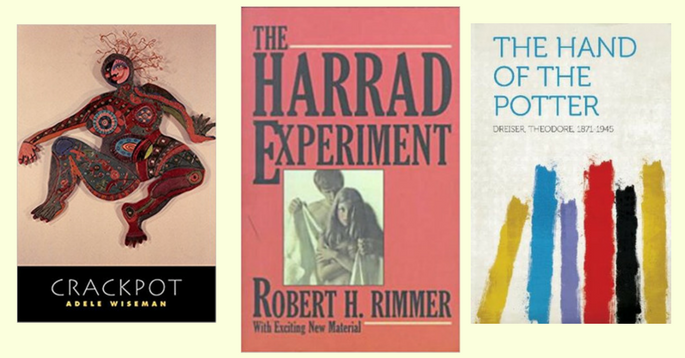
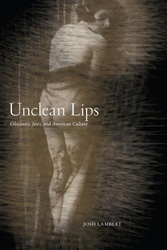 Some of the literary works I deal with in Unclean Lips are relatively well-known — Henry Roth’s Call It Sleep (1935) and Philip Roth’s Portnoy’s Complaint (1969), for example, are two of the most widely read novels by and about American Jews. But some of them even most scholars haven’t heard of.
Some of the literary works I deal with in Unclean Lips are relatively well-known — Henry Roth’s Call It Sleep (1935) and Philip Roth’s Portnoy’s Complaint (1969), for example, are two of the most widely read novels by and about American Jews. But some of them even most scholars haven’t heard of.
Here’s a short recommended reading and listening list, in case you’re eager to learn more about the literary encounters of American Jews with taboo language and explicit discussions of sex.
1. Adele Wiseman’s Crackpot (1974), an extraordinary novel about an obese Jewish prostitute in Winnipeg, Manitoba. It’s brutally, unsparingly frank, and radically feminist, too — and it earns a mention in Ruth Wisse’s The Modern Jewish Canon.
2. Theodore Dreiser’s The Hand of the Potter (1918), a four-act play by one of the most prominent (non-Jewish) American authors of the early 20th century, which tells the tale of a young Jewish man who can’t resist raping and murdering little girls. (It’s actually not anti-Semitic.)
3. Some people remember Robert Rimmer’s novel The Harrad Experiment (1966), which was marketed as “the sex manifesto of the free love generation” and sold millions of copies. But people don’t tend to remember how much of the novel focuses on a Jewish character, Harry Schacht, and his traditional Jewish family. (Turns out his great-grandmother posed for nude photographs.)
4. The short stories by the American Yiddish playwright David Pinski that were translated into English under the title of Temptations in 1919 were censored thanks to the efforts of the New York Society for the Suppression of Vice. But you can read the book online now, including Pinski’s story about the time that Rabbi Akiva had to resist a couple of prostitutes sent to seduce him.
5. Lenny Bruce wasn’t the only Jewish comedian who got busted on obscenity charges; in the same years, Belle Barth was telling filthy stories on stage, with some punchlines in English, some in Yiddish. You can hear her circa 1960 album If I Embarrass You, Tell Your Friends online, and don’t worry if you don’t speak Yiddish: “There’s only two words you need to know in the Yiddishe language,” she tells her audience, “and that’s gelt and shmuk: ’cause if a man has no gelt, he is.”
Josh Lambert is the Academic Director of the Yiddish Book Center and as Visiting Assistant Professor of English at the University of Massachusetts, Amherst. He is the author of Unclean Lips: Obscenity, Jews, and American Culture(2013) and American Jewish Fiction: A JPS Guide (2009), and a contributing editor to Tablet magazine.
Josh Lambert (web/twitter) is the Sophia Moses Robison Associate Professor of Jewish Studies and English, and Director of the Jewish Studies Program, at Wellesley College. His books include Unclean Lips: Obscenity, Jews, and American Culture (2014), and The Literary Mafia: Jews, Publishing, and Postwar American Literature (2022).
